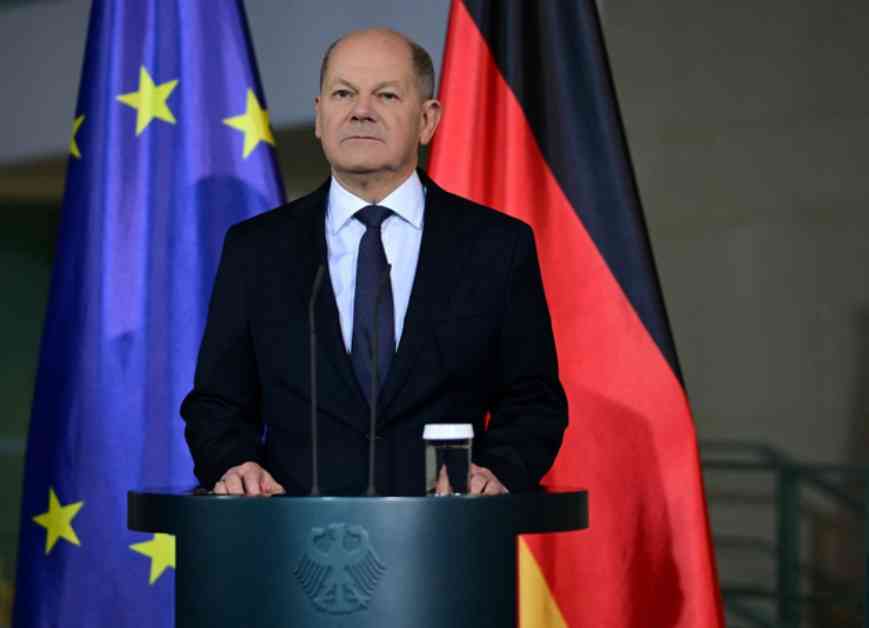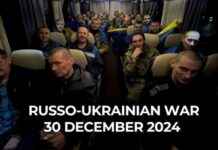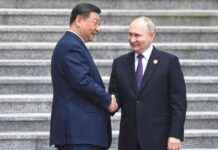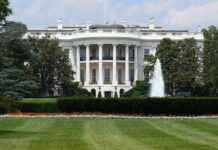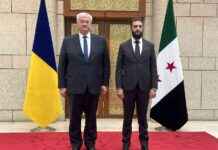The German Chancellor, Olaf Scholz, recently made a statement emphasizing that any deal to end the conflict in Ukraine should not be forced upon Kyiv. This assertion came following a conversation between US President Donald Trump and Russian President Vladimir Putin, where they agreed to initiate discussions to bring a resolution to the ongoing war. Scholz expressed his concerns about a “dictated peace” in an interview with Politico, highlighting the importance of ensuring that Ukraine has a say in the negotiations.
Analysis of the Situation
In response to Trump’s announcement of immediate talks with Putin, German Defense Minister Boris Pistorius criticized the US administration for making concessions to Russia before the peace talks had even commenced. Pistorius suggested that discussing potential NATO membership for Ukraine or territorial losses should have been prioritized at the negotiation table. This sentiment was echoed by Pentagon chief Pete Hegseth, who labeled Ukraine’s desire to return to its pre-2014 borders as unrealistic and emphasized the need for security guarantees supported by capable European and non-European troops.
Implications and Future Prospects
Scholz emphasized the necessity of transatlantic unity in resolving the conflict, underscoring the importance of US involvement in any proposed solution. Despite his commitment to ensuring peace, Scholz clarified that Germany would not be sending troops to Ukraine at this time. He also acknowledged the need for Ukraine to build a robust military force post-peace agreement, equipped with Western weaponry and larger than before the war.
As tensions continue to escalate in the region, the delicate balance of power and diplomatic negotiations will play a crucial role in shaping the future of Ukraine and its relationship with neighboring countries. It remains to be seen how the ongoing discussions between key world leaders will unfold and what implications they will have on the broader geopolitical landscape.
In conclusion, the evolving dynamics surrounding the Ukraine conflict highlight the complexities and challenges inherent in international diplomacy. As global leaders navigate the intricate web of alliances, interests, and historical grievances, the stakes for Ukraine and its people remain high. The coming days and weeks will be critical in determining the path towards peace and stability in the region.
